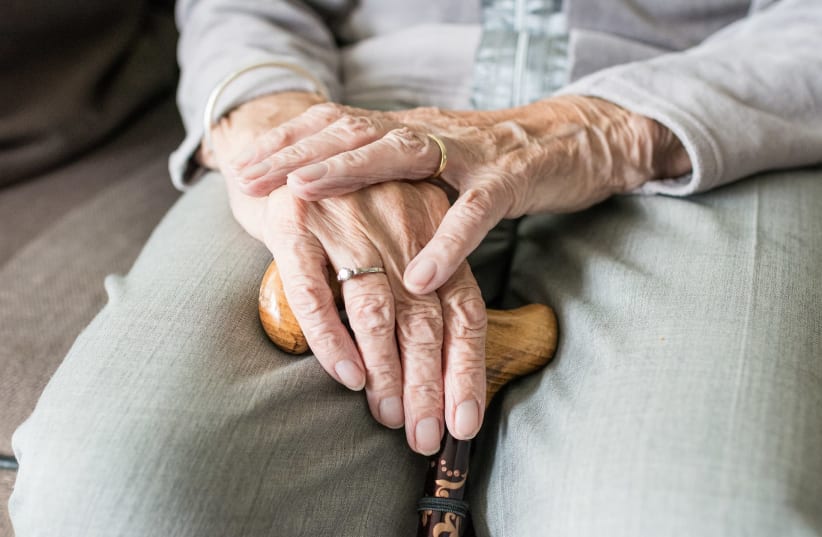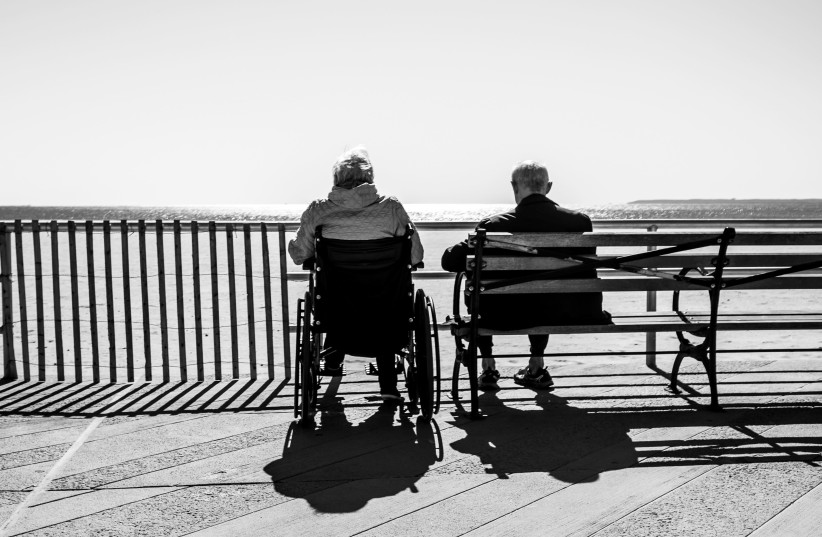Studies from recent years have found an intriguing link between our "subjective age" and the potential for longevity, along with developing various diseases. Where does this link originate and is there anything we can do to change a problematic situation to a positive one?
We all know the well-worn cliché that "age is just a number," but in reality, experts say that age isn’t just one but three different numbers. There’s chronological age, which simply states how old you are; biological age, which doctors and scientists determine according to various physiological measures; and subjective age, where each person decides how old he/she really feels.
On the surface, when looking at our health, it seems that subjective age is the least important index because it’s the least objective of the three. You may be surprised to find that studies show that this figure has a greater impact on people than you might think.
One study, recently published in the journal Psychology and Aging, found that people who perceive themselves as younger than their true age tend to enjoy a healthier brain and a better chance at longevity. Another study, also published this year in the journal Behavioral Sleep Medicine, found that people who don’t sleep well also tend to feel older than their age and see aging in a more negative and frightening light. By that same logic, researchers stated that according to the data, those who feel younger also tend to sleep better and enjoy better quality sleep.
Leading this unique sleep research is Dr. Serena Santini, a psychologist at the University of Exeter in England. Her research is part of a large project currently being conducted in the UK under the name PROTECT Study which aims to understand how to help us all age in a healthier, more positive way.
Studies of this kind only show a statistical relationship and not a relationship of cause and effect between the various factors. According to Dr. Santini, we have no way of knowing if a negative attitude towards old age causes bad sleep or if bad sleep causes a negative attitude towards old age. To understand this, researchers need to track study participants over a longer period of time. If they come to the conclusion, for example, that poor sleep intensifies difficult feelings towards aging, they can focus on programs to improve sleep to solve this problem and promote healthier relationships for people with the process of aging.
If we move away momentarily from this narrow view of sleep and aging, numerous findings collected in recent years sketch a similar picture and prove as stated that the way we perceive ourselves is more important to our health than we previously thought. When we feel young, the chances of us attending social gatherings, consistently exercising and eating healthier increase considerably. This positive outlook on life also reduces stress and anxiety. These are all things that have been proven in studies to affect longevity and the risk of developing various diseases.
Although the studies mentioned are recent, the insight they reflect isn’t new. As early as 2015, the journal JAMA Internal Medicine published an article according to which people who feel younger enjoy a reduced risk of dying prematurely and also less develop heart disease, depression and even various types of cancer.
No one can dive into your brain and make you feel younger, or love the wrinkles, back pain and all the side effects that come with aging, but knowing about these studies and the power you have to influence your mental and physical health may make a change in your perception of this important area.
Dr. Santini emphasizes that understanding mental age is a great example of how our mind and body affect each other.
According to her, anyone who reads her findings can see this as an opportunity to find a different way of looking at life and understand the power we have to greatly influence - for better or worse - what the next decades of our lives will look like.

